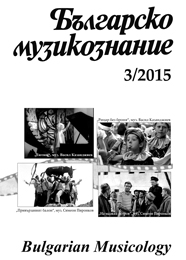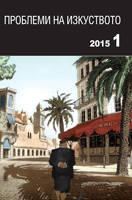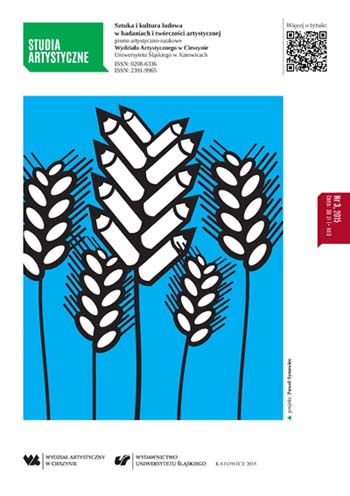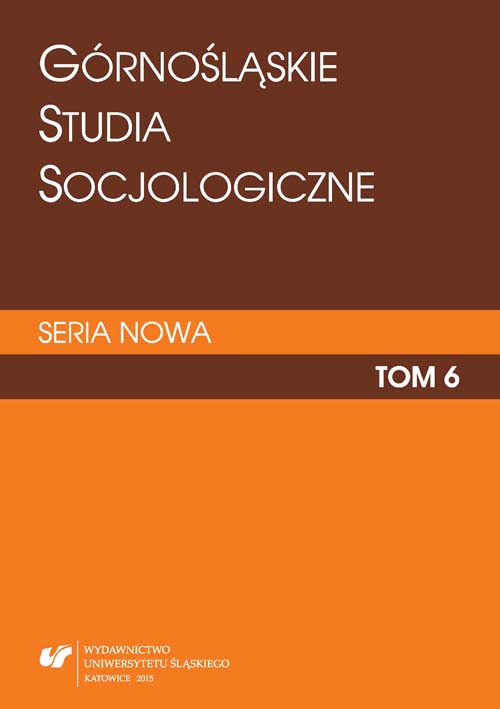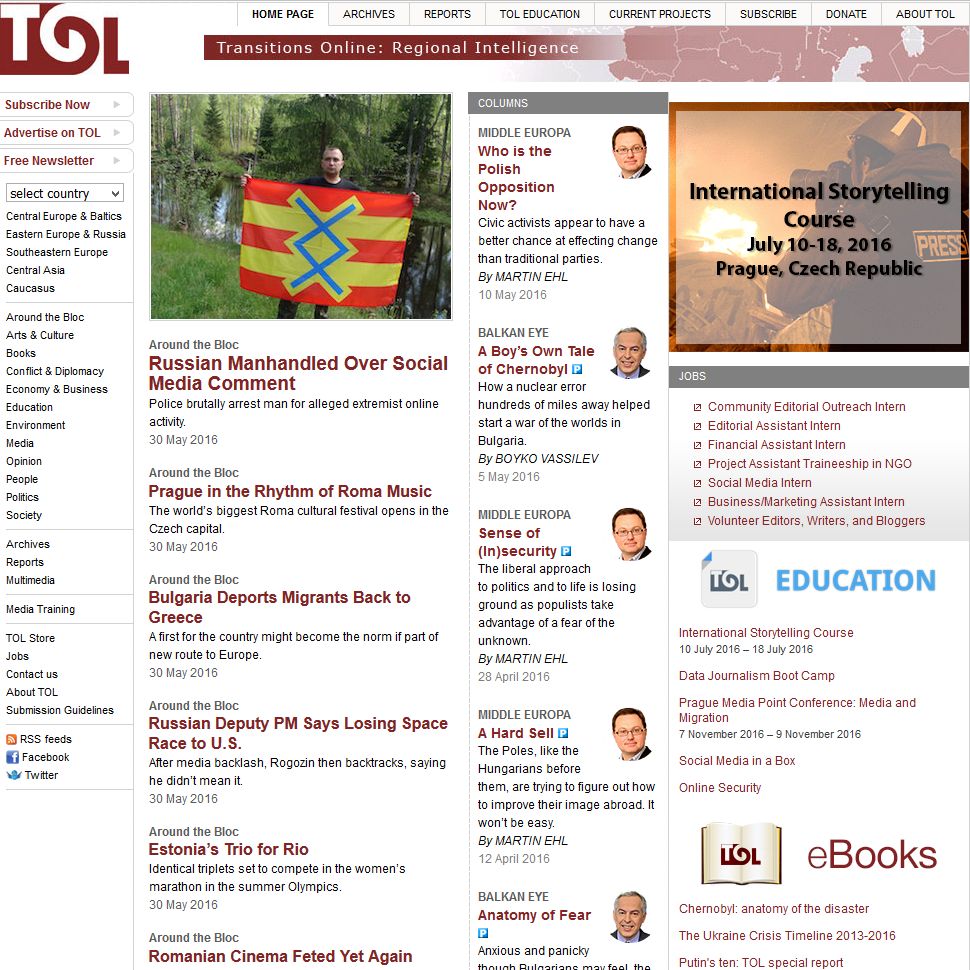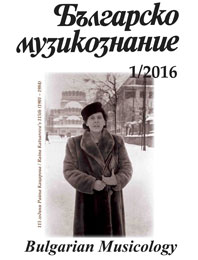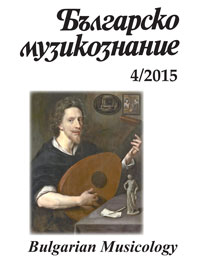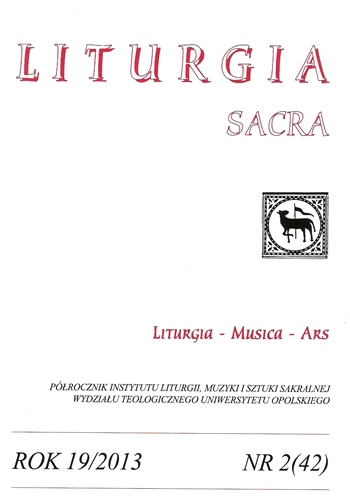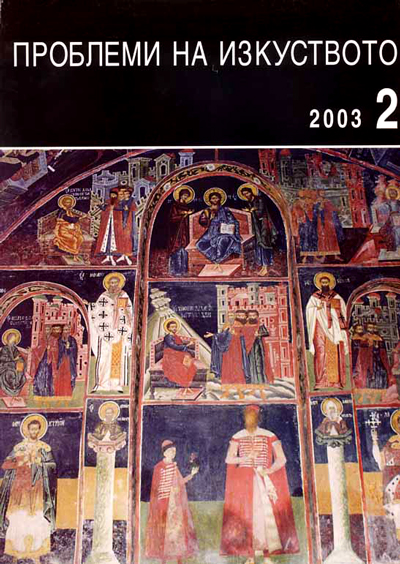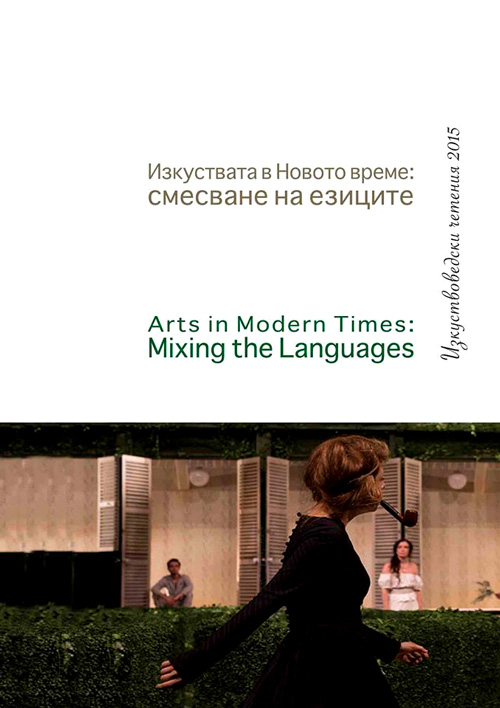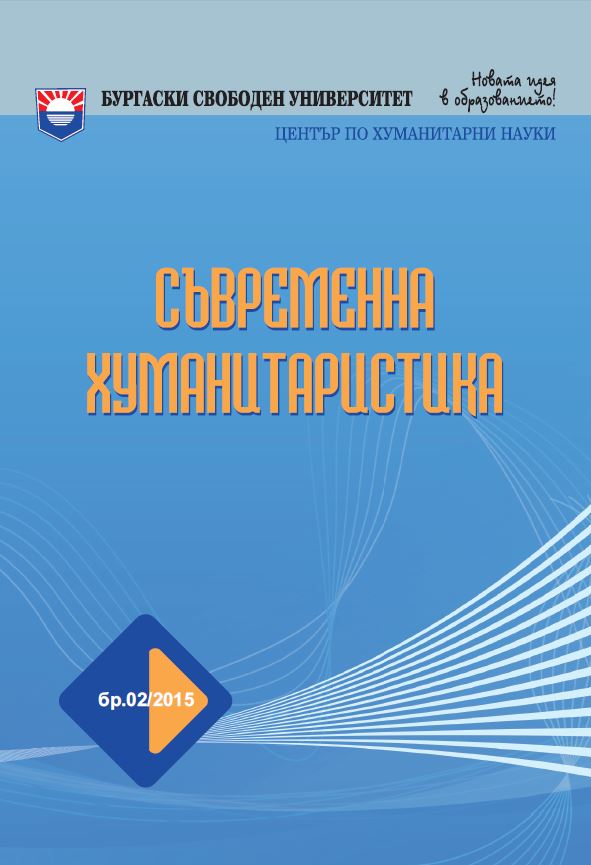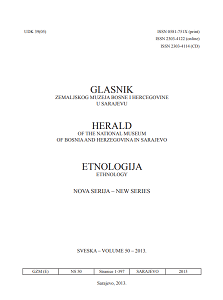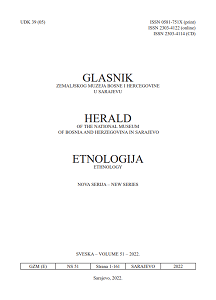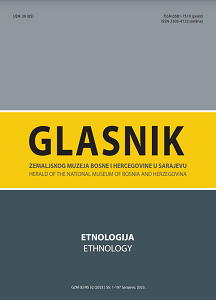Author(s): Zorana Guja / Language(s): Serbian
Issue: 51/2022
Jelena Dopuđa is known in the world of folklore as the first ethnochoreologist in Bosnia and Herzegovina, an excellent connoisseur of the dance tradition and practice of Bosnia and Herzegovina. In addition to ethnochoreological work, both at the Institute for the Study of Folklore, at the congresses of the Association of Yugoslav Folklorists, and in folklore amateurism. Dopuđa’s contribution in the field of vocal tradition is almost unknown. Namely, Dopuđa was extremely familiar with the folk music tradition through vocal forms which, based on her singing/narration, were written down and remained on paper. In that way, she found herself on the other side of the field and left behind a large number of songs, primarily from the Sarajevo – Romanija region, where she comes from, and beyond. In this paper, the above songs, ie. narrations, which are mostly stored in the Folklore Archive of the Ethnological Department of the National Museum in Sarajevo, in the legacy of Cvjetko Rihtman, ie. Institute of Musicology of Academy of Music, University of Sarajevo, and in several separate editions of collections of wedding and children’s songs of Bosnia and Herzegovina. Most of her repertoire is presented in this paper and interpreted on the basis of musical notation and some additional notes in the manuscripts themselves, most of which belong to the rural tradition, as well as several examples of urban practice. There are no major differences in the rhythmic patterns between the village and the city, while the differences are more noticeable in the tonal sequences and relationships that are characteristic of them. Unfortunately, there are no sound recordings left behind Dopuđa that would complete the picture of her vocal expression and style with the existing detailed notes with all the necessary information. However, what remains as a lasting memory is her multifaceted work and commitment to folk art, and the wide and selfless application of knowledge, skills, and abilities from the rich folk music and dance tradition of Bosnia and Herzegovina. Such Dopuđa’s activity expressed through (re)interpretation of different traditional songs and singing styles is of great importance and it is important to present it because based on the recorded tunes we can make their analysis and observe them from different aspects. Some of the ways of analyzing the mentioned material are the presentation of the musical characteristics of songs, the context of their learning or adoption, performance and recording of singing, types and forms, but also the possibility of comparative and further research, which certainly provides additional value for studying such vocal forms. Through this presentation, from the examples used and the analysis done, it can be established that Dopuđa (in addition to songs from her region) in many cases sang tunes that she had previously heard in other contexts and from other narrators. In that case, the real value of the songs and their presentation, apart from recording for recording in accordance with the then methodology of fieldwork and research, gives us the assumption that the records of her singing primarily served as a way to record what were not possible to writing from various reasons. This primarily refers to songs picked up along the way, in informal situations, then by (older) people who may not be able to perform certain tunes, etc. at the time of research, but also as a way of expressing both individual and collective identities through the interpretation of such folk art. On the other hand, we assume that Dopuđa herself was aware of the importance of recording various folk vocal musical forms, even in the form of statements, and found herself on the other side of the field as a narrator and not as a researcher, thus giving the opportunity to further research and different approaches to the overall material.
More...
